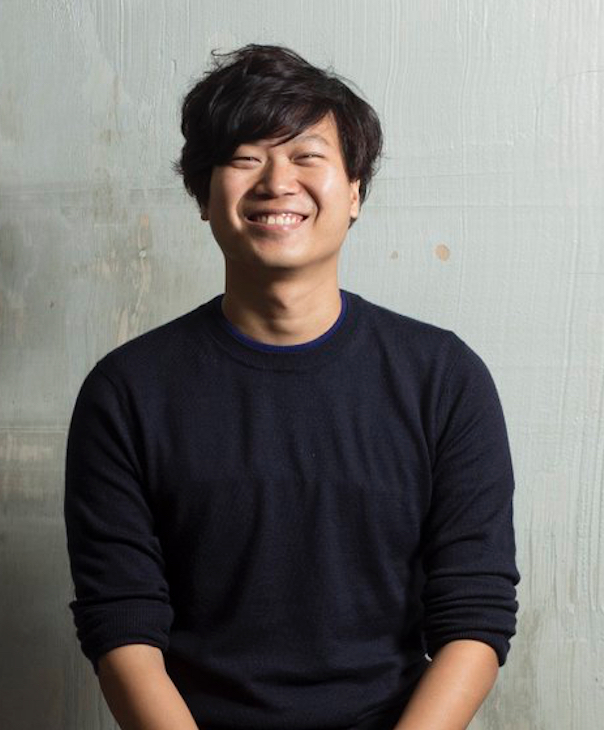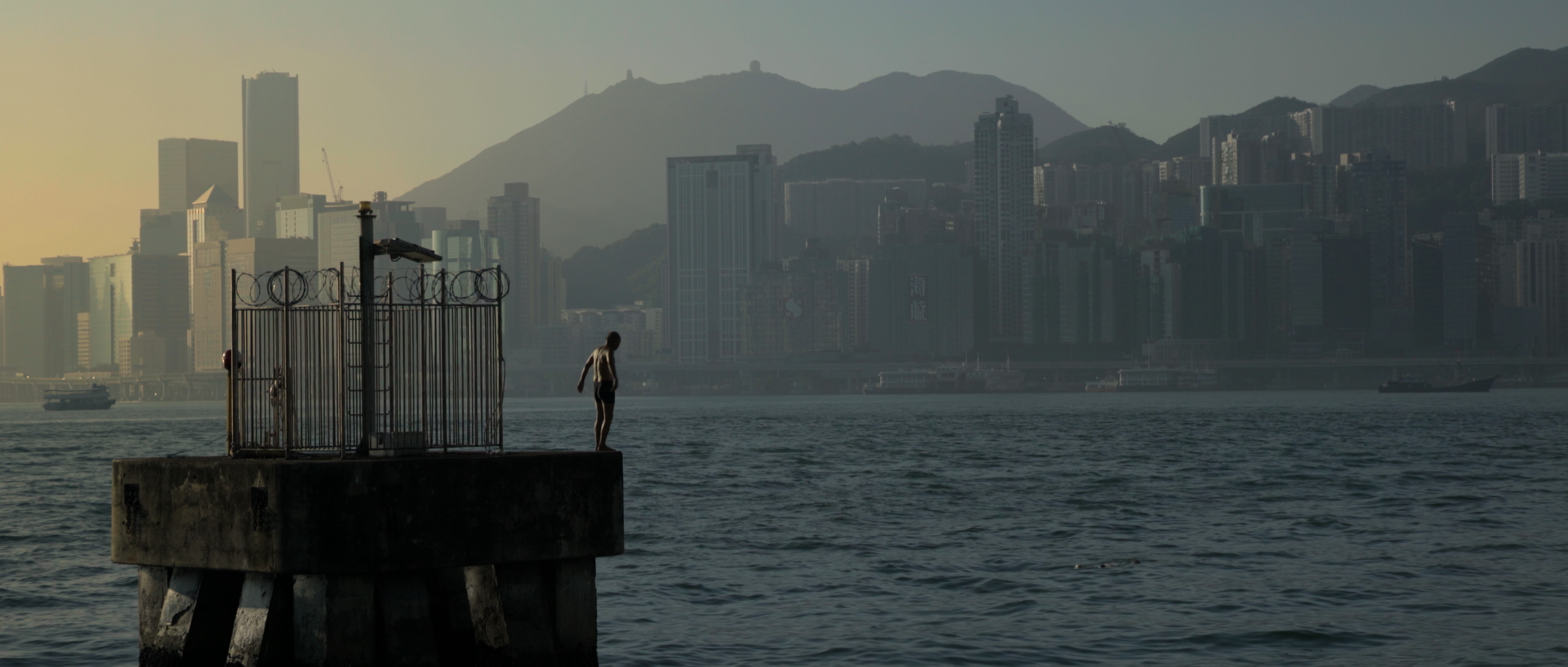Projects
Blue Island
CHAN Tze Woon
- Hong Kong
- 120min
- DCP
Experimental History Social&Human Interest War&Conflict Social Movement
Synopsis
Raymond Yeung, now a retired patriot businessman in his sixties. As a youth in 1967, he determined to join the patriotic leftist riot in Hong Kong. Charged with possession of seditious slogans, at sixteen he experienced prison incarceration under the British rule. Chan Hak-chi, an educated youth during the Cultural Revolution, flee from Communist China in pursuit of freedom in 1973. Traversing over valleys and streams, and barely survived from the raging seas, he found refuge in Hong Kong. In 1989, Kenneth Lam lend his support to the democratic movement in Beijing as a representative from Hong Kong University. He witnessed the carnage that was Tiananmen massacre, and escaped with the help of local students. With the torrent of time, through the lives and fate of the individuals, this film reflects on Hong Kong and China complicated relationship: love and hate, embrace and escape, commitment and betrayal. Raymond Yeung had established a French television tube assembly line under the waves of China’s economic reform. Contributing to the motherland meanwhile making a fortune, he is now able to render his unique Chinese dream. After working in Hong Kong for many years, despite his aging body that riddled with illness, Chan Hak-chi insist to visit the ocean every year, in remembrance of those who did not make it and lost their lives to the angry seas. Despite losing all faith and conviction, Lam becomes a human rights lawyer to help those who fight for democracy in Hong Kong today. This film is about memories and beliefs. When we are not young anymore, have we forgotten ourselves, do we still remember our beliefs? Our memories, true or false, right or wrong, gains or losses, success or failure; how do these sentiments continue to influence Hong Kong today?
Review
“Are you afraid that twenty years from now you will have lost your faith?” I questioned a young activist at the end of my previous film YELLOWING. Yet I can’t help but question myself, “Have I lost my faith? What will be the future of this city? Who will we become?” After the Umbrella Movement in 2014, Hong Kong descended into post-traumatic depression. The entire city became a melancholic island. What will be the future of this city? My film BLUE ISLAND try to answer this question. In the midst of our production, a larger movement ignited by extradition bill burst in Hong Kong in 2019 summer. I feel a strong responsibility to tell this story in troubled times. This year marks the 30th anniversary of the Tiananmen Square incident. We are in a battle for truth while memory fades through 30 years of stable development in China. Like many Hong Kong people, that heartbreaking summer night could hardly be forgotten. But what is memory? Why do some of us forget or why do we change? I was born in colonial Hong Kong at the impending handover from Britain to China. I grew up during the times of political and social upheaval, which created a sense of confusion in my identity. I want to explore the complex relationship between Hong Kong and China through my films.
Director
-

CHAN Tze Woon
Credit
- Producer피터 얌 Peter YAM
